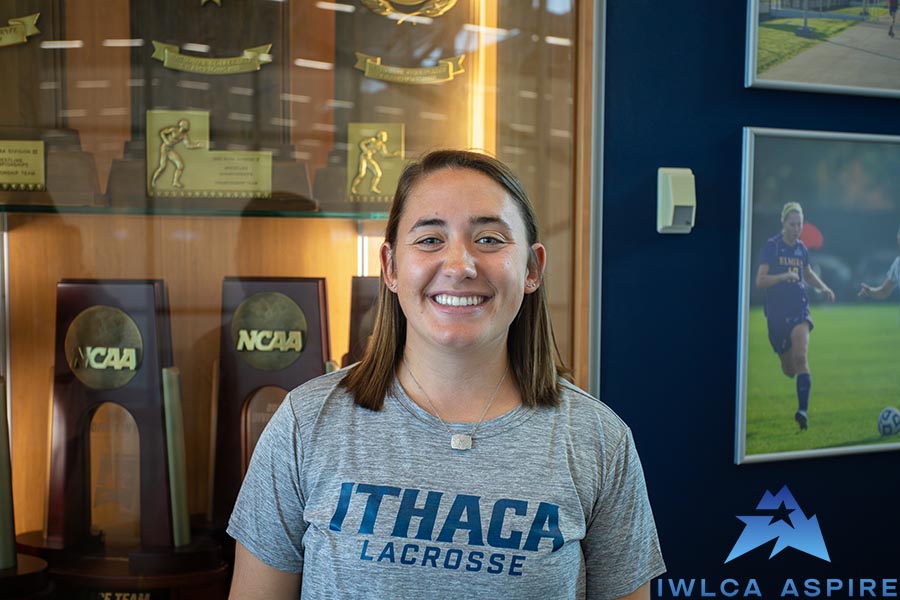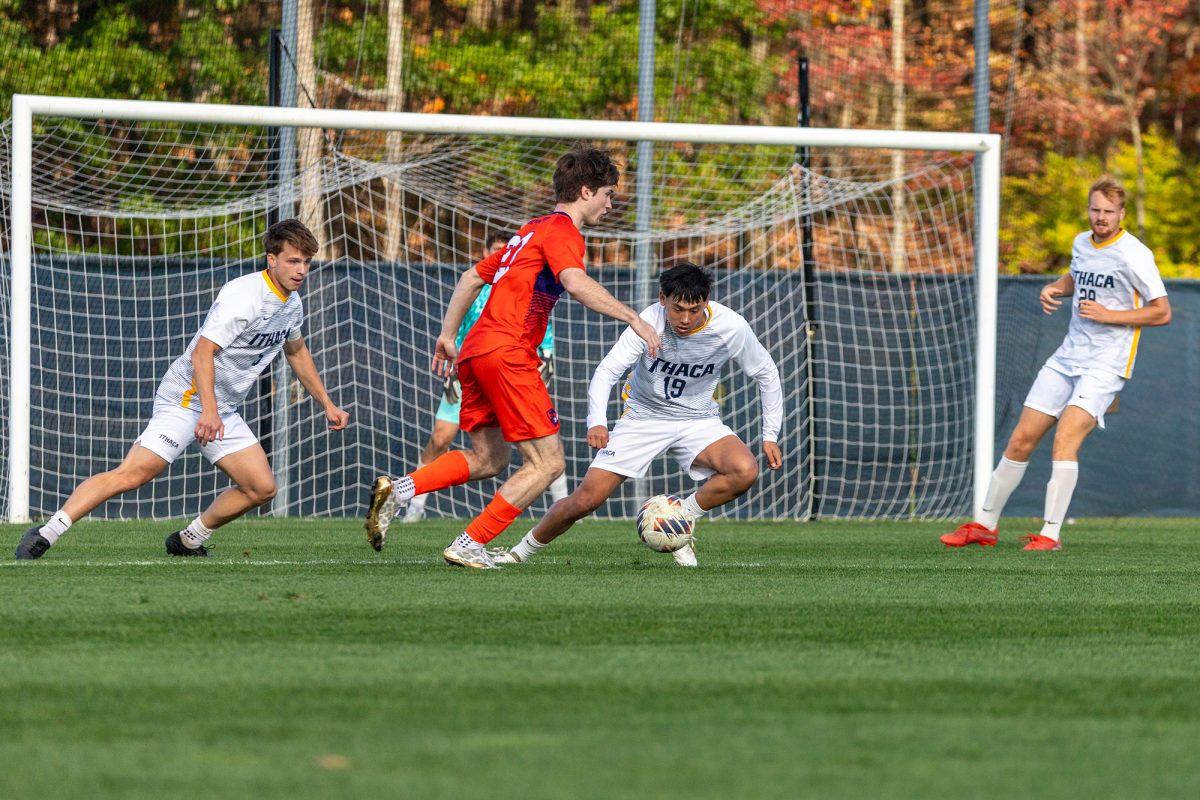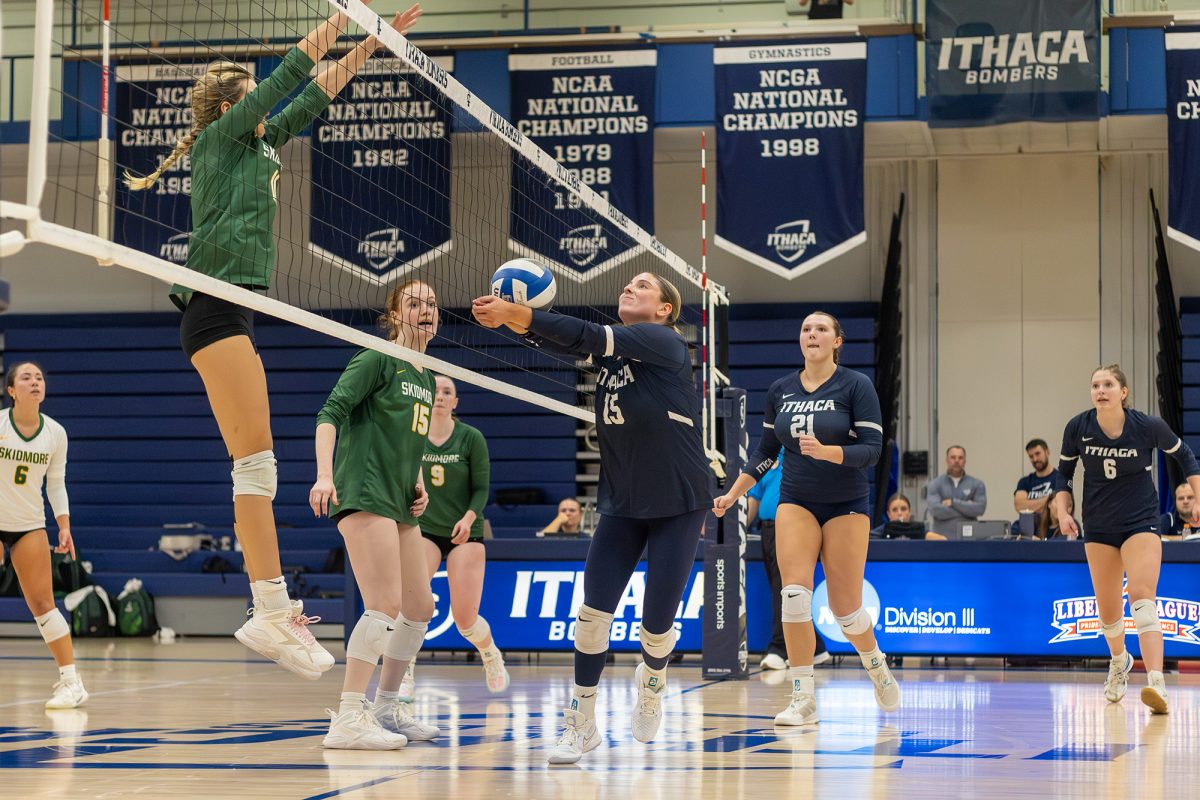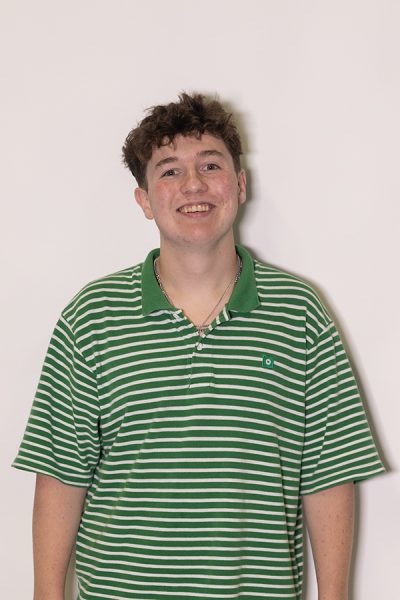Madison Mulligan, assistant coach for the Ithaca College women’s lacrosse team, eagerly embraces the opportunities ahead as she embarks on her journey in the IWLCA Aspire Program.
Announced Sept. 4 by the Intercollegiate Women’s Lacrosse Coaches Association, the Aspire program seeks to advance coaches’ professional expertise. The program will showcase asynchronous content, interactive webinars, individual mentoring sessions and in-person workshops in November at the IWLCA Convention. Mulligan said she believes this experience will take her skills to a new level.
“I think that it’s gonna make me a better coach because I’m going to get to interact with other coaches at different divisions, different places from all over and get to see different perspectives of things, get to learn different ways to approach things past just the lacrosse skills,” Mulligan said.
Danie Caro, IWLCA’s director of internal operations and programming, said the idea for the program started back in the spring when Sarah McQuade, founding director of e.t.c. coaching consultants, and e.t.c. Consultant Julie Muller presented a webinar to IWLCA members about coaches serving as mentors for the rest of the coaching staff and student-athletes.
Shortly after, McQuade and Muller led sessions at a coaching symposium aimed at student-athletes aspiring to become coaches. Caro said the idea of a coaching development program emerged after discussions with McQuade and Muller. Caro proposed expanding from a single webinar to a multi-session curriculum, and she, alongside McQuade and Muller, came up with the proposal for the Aspire Program.
“We pitched it to the Board of Directors at our June board meetings and it was immediately approved as a great idea and something that was needed,” Caro said.
NCAA head coaches were invited to nominate assistant coaches for the program, ensuring they had the support of their head coaches, which led Karrie Moore, the college’s women’s lacrosse head coach, to nominate Mulligan.
“I think [the IWLCA] is working really hard to really mentor and develop young coaches and then keep them in the profession,” Moore said. “When I heard about it, I just thought this would be a really good opportunity for [Mulligan], and so we nominated her.”
Caro said the final selection included 17 participants, but had an initial cohort of 18 which consisted of five Division I coaches, two Division II coaches and 11 Division III coaches. Moore said Mulligan’s passion and drive is what made her suitable for the program.
“She’s really hard working,” Moore said. “She’s a really good coach. For me, she’s a perfect candidate. She’s somebody who really loves coaching, wants to stay in coaching and really should be a head coach at some point when she’s ready.”
Muller said many young coaches may have a strong grasp of lacrosse strategy, but lack a deep understanding of coaching pedagogy. She said she and McQuade saw this as an opportunity to focus on coaching principles rather than just the tactical aspects of the game.
“This is more about personal development, leadership development and understanding concepts of good and strong coaching,” Muller said. “We can help create that foundation and build on the foundation that may already exist.”
Susan Bassett ’79, director of intercollegiate athletics and campus recreation, said the college advocates for coaches to participate in professional development opportunities. The athletics department organizes workshops and brings in speakers to enhance coaches’ professional growth.
“Professional development is a line item in everybody’s budget,” Bassett said. “It’s such a part of our ethos here that I’m not aware that anyone isn’t participating in some level of professional development in both their sport and then just general equity and inclusion training [and] Title IX training.”
Bassett explained that the college often hires coaches with none to a few years of experience, including graduate assistants, to focus on their development and help them grow within the profession.
“It’s our goal as an academic institution and educational enterprise to help prepare young professionals to advance in coaching as well,” Basset said. “We love having Madison Mulligan on our staff as an assistant coach. We hope that someday she evolves to a point where she becomes a head coach and goes out and runs her own program.”
Reflecting on the continuing journey, Mulligan emphasized the importance of passion and community.
“My biggest goal is just continuing to love what I’m doing, which is coaching,” Mulligan said. “I think the only way to do that is to have a good network of people behind you. … The program is just gonna help me become a better coach so that I can do it for longer.”















